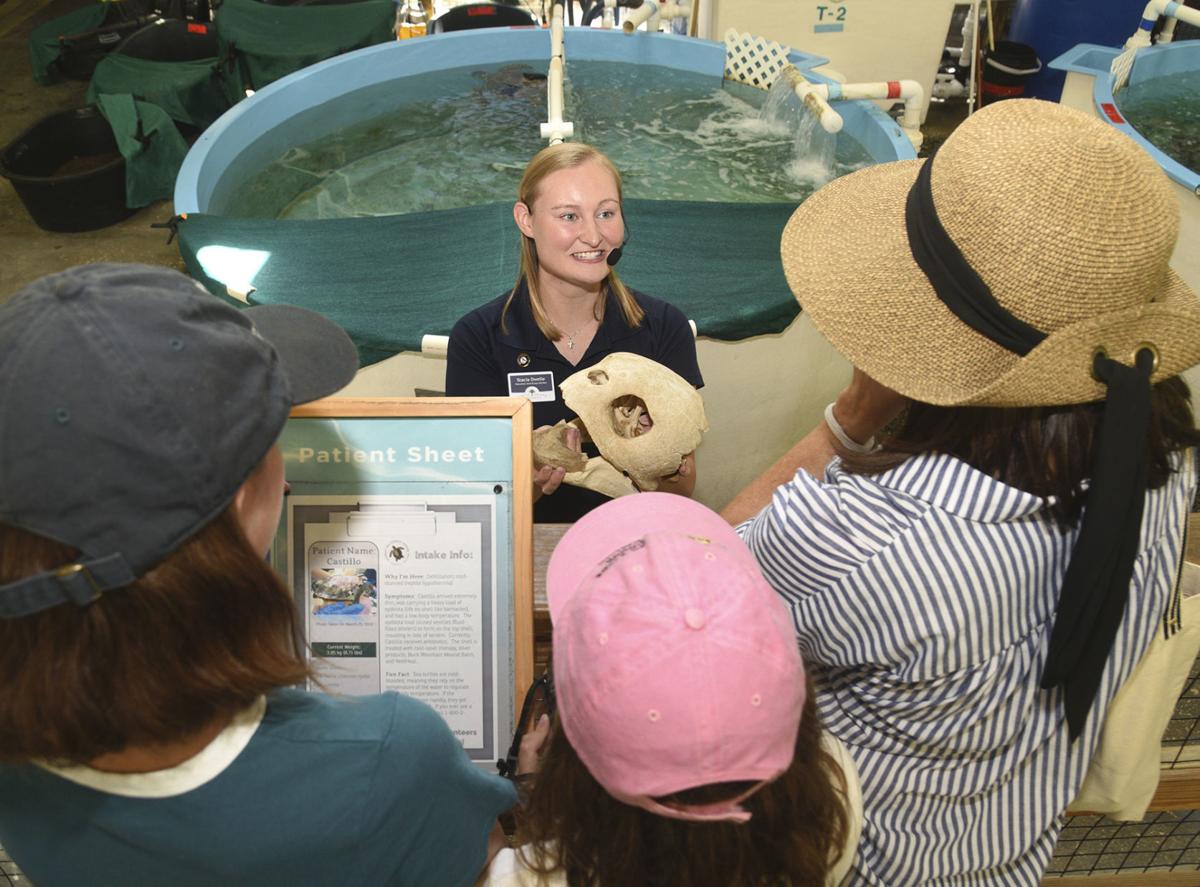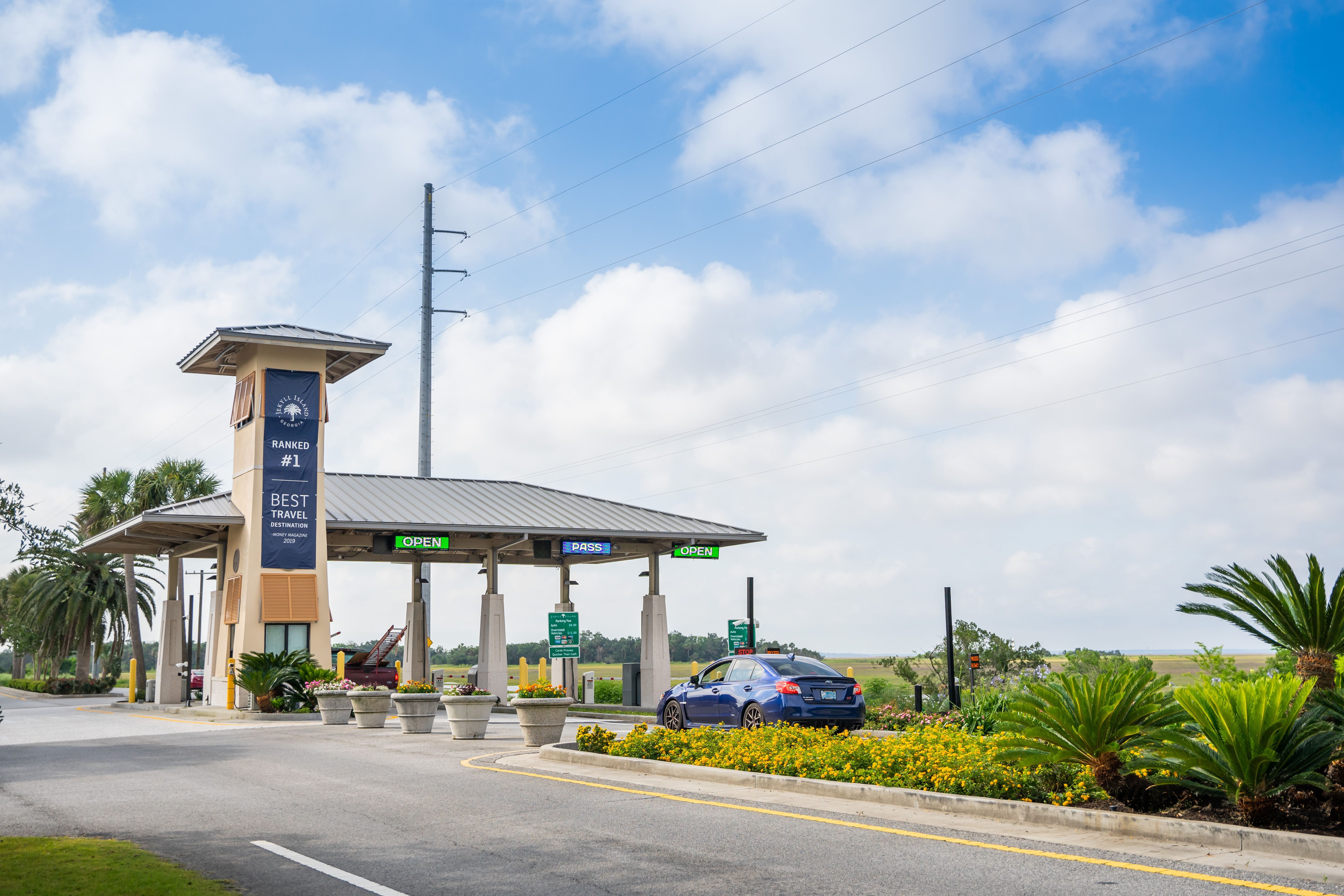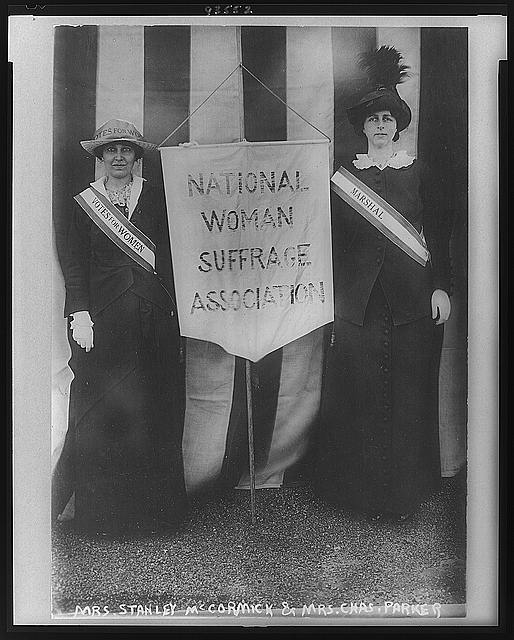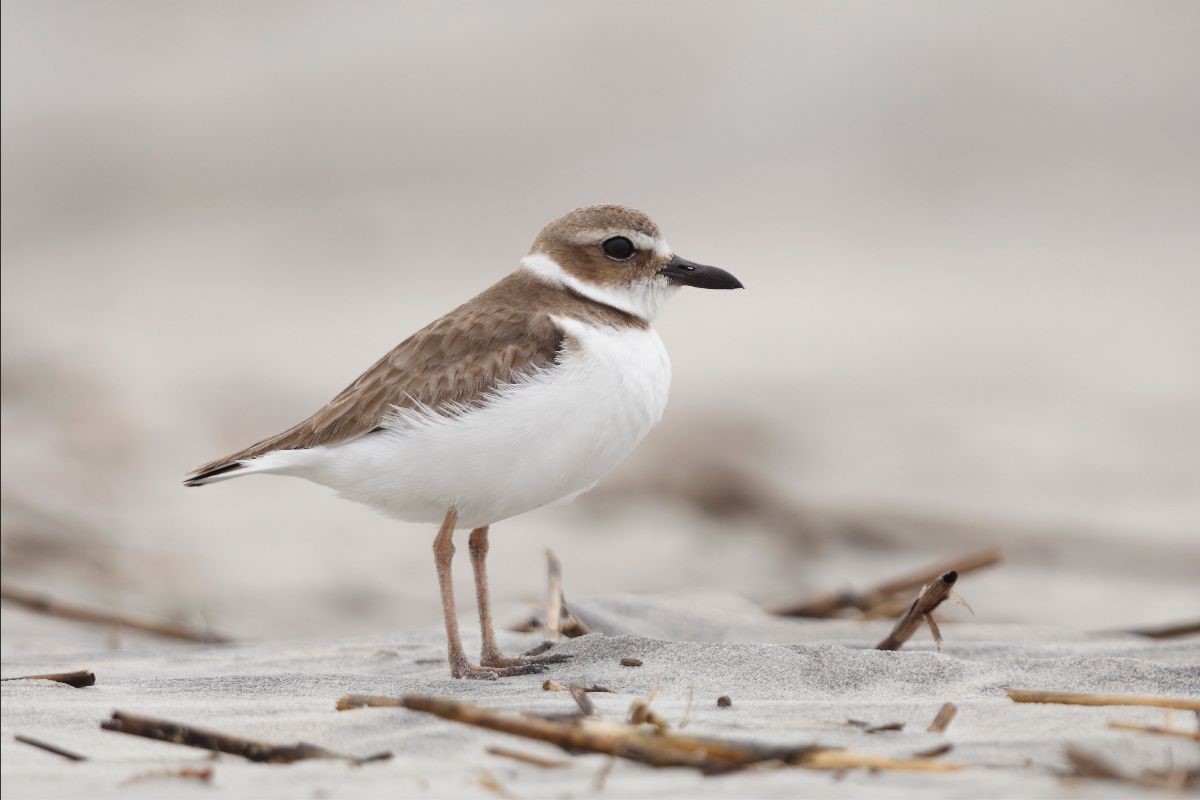By Jamie Clayton
GSTC AmeriCorps/Volunteer Program Manager
Since 2009, the Jekyll Island Authority’s Georgia Sea Turtle Center (GSTC) and Conservation department have had one of the most innovative AmeriCorps programs in the United States. The AmeriCorps GSTC program members contribute to rehabilitation, research and education to conserve sea turtles. They also promote environmental stewardship through providing visitors and members a deeper understanding of conservation, their roles in the ecosystem, and actions they can take to make a difference. Members experience significant personal and professional growth thanks to the advanced instruction and training combined with meaningful service gained from unique extracurricular opportunities that come from living with a diverse member cohort on Jekyll Island.
In its 11-year history, AmeriCorps GSTC members have come from 40 of the 50 states, totaling 197 service members. Of those, 53 members have served multiple terms of service. Repeat terms of service has proven the program provides an exceptional experience to its members.
Further, the AmeriCorps GSTC program works to follow-up with its service members after leaving their final terms of service. Currently, 38 alumni are attending graduate school/have graduated, including 1 who is pursuing a doctoral degree (PhD). Another alumni completed their Doctor of Veterinary Medicine (DVM) degree and is now working on post doctorate training in wildlife medicine. Additionally, 78 alumni are working in conservation, veterinary medicine, education or science careers following their service with the GSTC.
Occasionally, an alumni’s career will bring him or her back to Jekyll Island. The Wildlife Manager for Jekyll Island Authority is an alumni who is a two-tour U.S. Marine Corps veteran, was named a Tillman Fellow by the Pat Tillman Foundation due in part to the skills gained at the GSTC, has completed a Master of Science (MS) degree, and was recognized by the Georgia State Commissioner at the AmeriCorps 20th Anniversary celebration last year.
In the summer of 2019, AmeriCorps members (ACM) were recognized in three The Brunswick News articles highlighting the conservation, research, education and rehabilitation departments. AmeriCorps has existed for over 25 years, with the AmeriCorps GSTC program having been partnered for 11. The GSTC looks to the future for continued partnered for many years to come.
The AmeriCorps GSTC program could not be successful without the support from YOU, the Jekyll Island Foundation’s donors. To support the ongoing work of the Georgia Sea Turtle Center text GiveJekyll + $ amount to (844) 889-2692.



